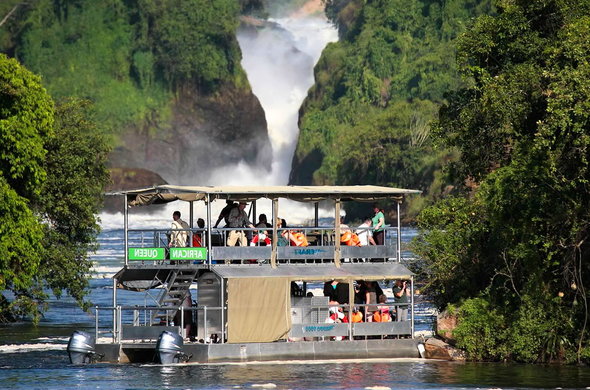Safaris
Experience Adventures like never before
Preparing for a safari to Africa involves careful planning to ensure you have a safe, comfortable, and enjoyable experience exploring the continent's stunning wildlife and landscapes. Here’s a comprehensive guide to help you prepare:

Safari Research and Planning Guide
1. Choose Your Destination
Africa offers diverse safari experiences in countries like Kenya, Tanzania, South Africa, Botswana, Zambia, and Namibia. Research each destination’s wildlife, landscapes, and safari seasons to choose one that suits your interests.
2. Safari Type
- Game Drives: In open vehicles with experienced guides, ideal for wildlife viewing.
- Walking Safaris: Guided walks with rangers to explore on foot (available in some areas).
- Boat Safaris: On rivers or lakes to see aquatic wildlife and birds.
3. Accommodation
Choose between lodges, tented camps, or mobile camps. Consider amenities, location within the park/reserve, and proximity to wildlife viewing areas.
4. Travel Logistics
Plan your flights, airport transfers, and ground transportation. Book domestic flights or transfers if visiting multiple parks/reserves.
Health and Safety
Medical Preparations
- Visit a travel clinic for required vaccinations (e.g., yellow fever, typhoid) and medications (e.g., malaria prophylaxis).
- Carry a first-aid kit with essentials like insect repellent (DEET-based), sunscreen, antihistamines, and any personal medications.
Travel Insurance
Purchase comprehensive travel insurance covering medical emergencies, evacuation, trip cancellation/interruption, and safari-specific activities.
Safety Tips
- Follow park regulations and your guide’s instructions during safaris.
- Respect wildlife distances and avoid standing up or making sudden movements during game drives.
Packing Essentials
Clothing
- Lightweight, breathable clothing in neutral colors (e.g., khaki, tan) for blending into the environment.
- Layers for cool mornings and evenings, including a light jacket or fleece.
- Comfortable walking shoes or boots for game drives and nature walks.
Gear and Accessories
- Binoculars for wildlife viewing.
- Camera with extra batteries and memory cards.
- A wide-brimmed hat, sunglasses, and a scarf or buff for sun protection.
Personal Items
- Passport and copies, visas (if required), and travel documents.
- Credit/debit cards, cash (small bills for tips and purchases), and a money belt or secure pouch.
- Mobile phone with charger and a portable power bank.
Safari Etiquette
Respect Wildlife and Environment
- Stay quiet and listen to your guide during game drives.
- Do not feed or approach wildlife; maintain a safe distance.
- Dispose of waste responsibly and respect nature conservation efforts.
Cultural Sensitivity
- Learn basic greetings and cultural norms of the local communities.
- Ask for permission before taking photos of people or their property.

Additional Tips
- Photography Tips: Familiarize yourself with your camera settings and practice wildlife photography techniques before your trip.
- Weather and Climate: Check the seasonal weather patterns and pack accordingly (e.g., rain jacket during the wet season).
- Food and Dietary Requirements: Inform your accommodation about any dietary restrictions or preferences in advance.
- Emergency Contacts: Carry contact information for your accommodation, embassy/consulate, and local emergency services.
By preparing thoroughly and respecting local customs and wildlife, you can have a memorable and enriching safari experience in Africa. Enjoy the breathtaking landscapes and incredible wildlife encounters!
